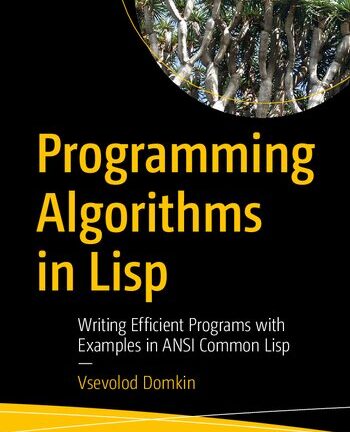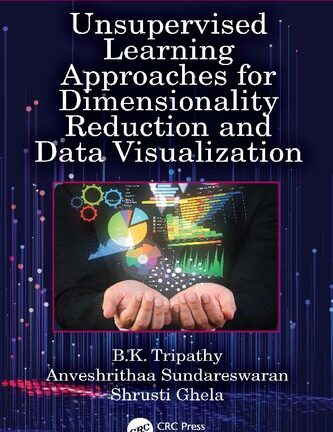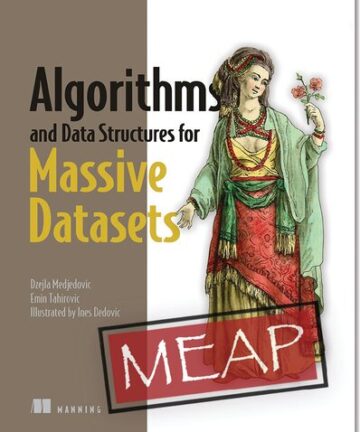Description
This classroom-tested textbook presents an active-learning approach to the foundational concepts of software design. These concepts are then applied to a case study, and reinforced through practice exercises, with the option to follow either a structured design or object-oriented design paradigm. The text applies an incremental and iterative software development approach, emphasizing the use of design characteristics and modeling techniques as a way to represent higher levels of design abstraction, and promoting the model-view-controller (MVC) architecture.
Topics and features: provides a case study to illustrate the various concepts discussed throughout the book, offering an in-depth look at the pros and cons of different software designs; includes discussion questions and hands-on exercises that extend the case study and apply the concepts to other problem domains; presents a review of program design fundamentals to reinforce understanding of the basic concepts; focuses on a bottom-up approach to describing software design concepts; introduces the characteristics of a good software design, emphasizing the model-view-controller as an underlying architectural principle; describes software design from both object-oriented and structured perspectives; examines additional topics on human-computer interaction design, quality assurance, secure design, design patterns, and persistent data storage design; discusses design concepts that may be applied to many types of software development projects; suggests a template for a software design document, and offers ideas for further learning.






Reviews
There are no reviews yet.